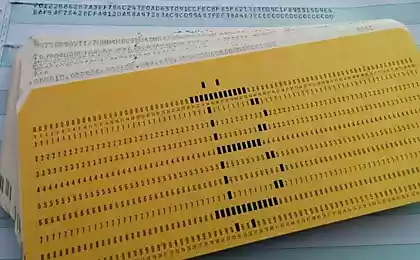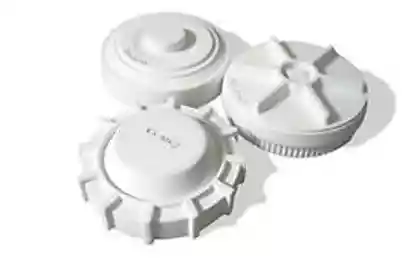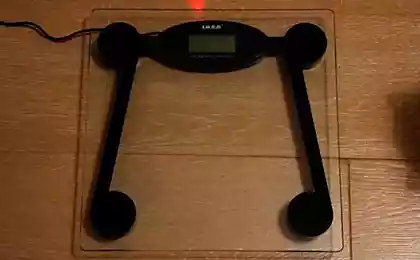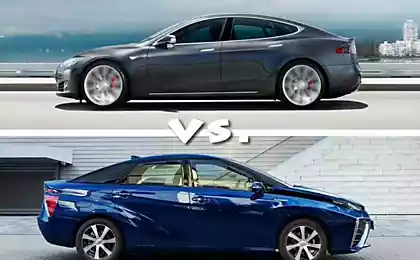448
Toyota is working on technology that will make hybrids more efficient
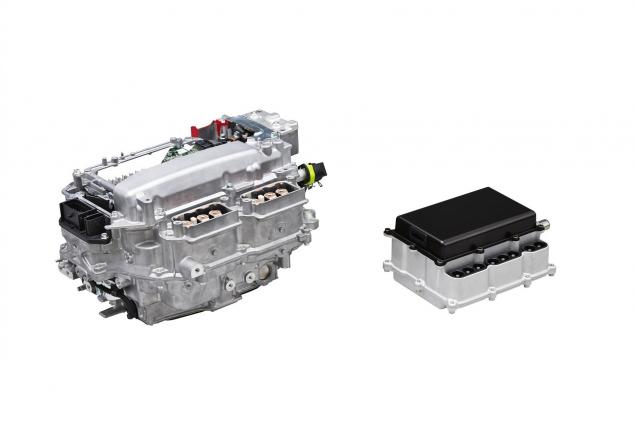
For 17 years, the company is improving its brand Toyota hybrid HSD technology. But with each new generation to do it gets harder.
Working on a new model Prius, engineers have found a way to increase system efficiency by another 10% due to new semiconductor chips.
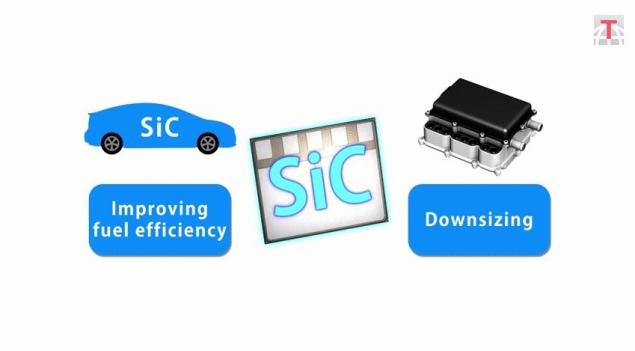
Semiconductors are used in control unit (PCU), which is responsible for the supply of electricity from the battery to the engine and directs the energy generated by regenerative braking into the battery.
The share of modern PCU accounts for up to 25% of all energy loss in hybrid vehicles.
Recently, Toyota Central R&D Labs., Inc. and Denso Corporation announced the creation of a power semiconductor silicon carbide (SiC). According to the developers, the new semiconductors (compared to silicon) lose several times less energy when switched on/off and allow the controls to switch at higher frequencies. This will not only increase fuel efficiency but will help reduce the dimensions of the control unit by 80% (see phototo the left the control unit PCU power for silicon-based semiconductors, on the right – the model with the new chips, silicon carbide).
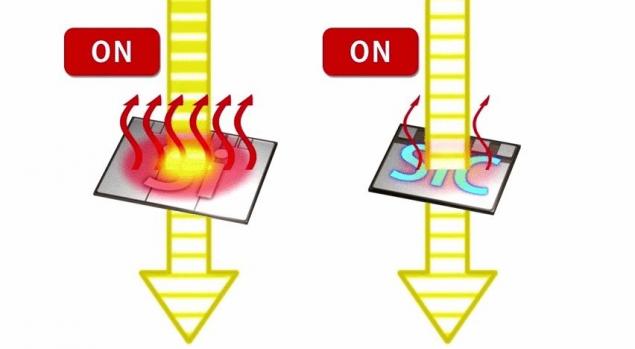
Toyota and Denso are the study of semiconductors since 80's, but only since 2007 started from the point of view of practical application in the automotive industry. Tests of the new technology is planned for this year. Bring the hybrids with the new control unit on the market, Toyota expects by 2020.
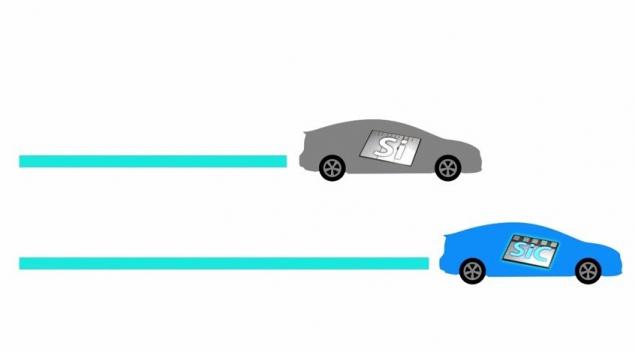
Source: ecoconceptcars.ru/

